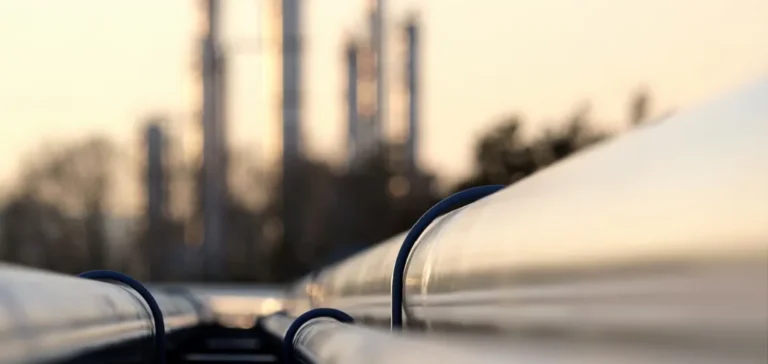Asset manager KKR announced it has acquired a minority stake in the entity holding usage rights for Abu Dhabi National Oil Company’s (ADNOC) gas pipeline infrastructure, without disclosing financial terms. The transaction follows ongoing partnerships between the emirate and foreign investors aiming to attract institutional capital while retaining operational control over assets.
ADNOC retains full ownership and operational management of the pipelines. KKR’s investment is made through its managed accounts, aligned with long-term capital. This model enables the US firm to invest in stable-return assets in response to rising demand for resilient energy infrastructure across the region.
A long-standing strategic partnership
In 2019, KKR partnered with BlackRock to acquire a 40% stake in ADNOC’s oil infrastructure, a position it divested last year. The firm’s return to the gas segment underlines a consistent strategy focused on stable-income assets in developing markets.
The current agreement also reflects the United Arab Emirates’ intention to maintain the competitiveness of its energy sector while safeguarding industrial sovereignty. ADNOC, one of the world’s largest oil and gas producers, has structured multiple such partnerships to secure alternative sources of long-term financing.
Regional growth objective
With over $90bn (AED330.3bn) in infrastructure assets under management, KKR has reinforced its Middle East expansion strategy this year. The group appointed General David Petraeus as regional chairman to lead this ambition and support the expansion of its local team. The ADNOC investment fits within this broader effort to strengthen positions in strategic markets.
“We are pleased to expand our strategic partnership with ADNOC and to continue investing in Abu Dhabi’s long-term prosperity and critical infrastructure,” said David Petraeus in a statement.






















